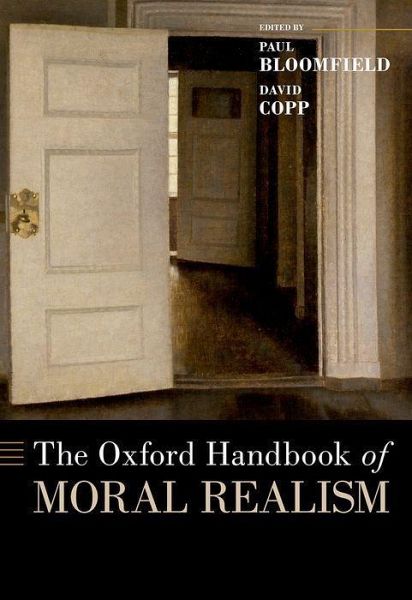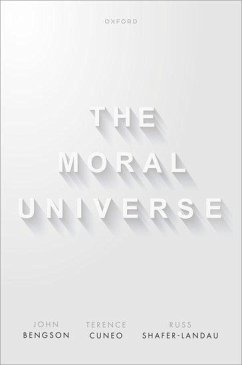
The Oxford Handbook of Moral Realism
Versandkostenfrei!
Versandfertig in über 4 Wochen
170,99 €
inkl. MwSt.
Weitere Ausgaben:

PAYBACK Punkte
85 °P sammeln!
Morality seems to play a special role in human life distinct from conventional norms, like those of etiquette, or simple preferences based on subjective tastes. There are various theories of the foundations of morality, some of which treat morality as "subjective" in an important way. "Moral realism" is however a family of theories that take morality to have an objective factual basis, such that morality is not "up to us" and is not "under our control". The contributions in this Oxford Handbook explore the central ideas and themes constituting moral realism and defend particular views about it...
Morality seems to play a special role in human life distinct from conventional norms, like those of etiquette, or simple preferences based on subjective tastes. There are various theories of the foundations of morality, some of which treat morality as "subjective" in an important way. "Moral realism" is however a family of theories that take morality to have an objective factual basis, such that morality is not "up to us" and is not "under our control". The contributions in this Oxford Handbook explore the central ideas and themes constituting moral realism and defend particular views about it.













